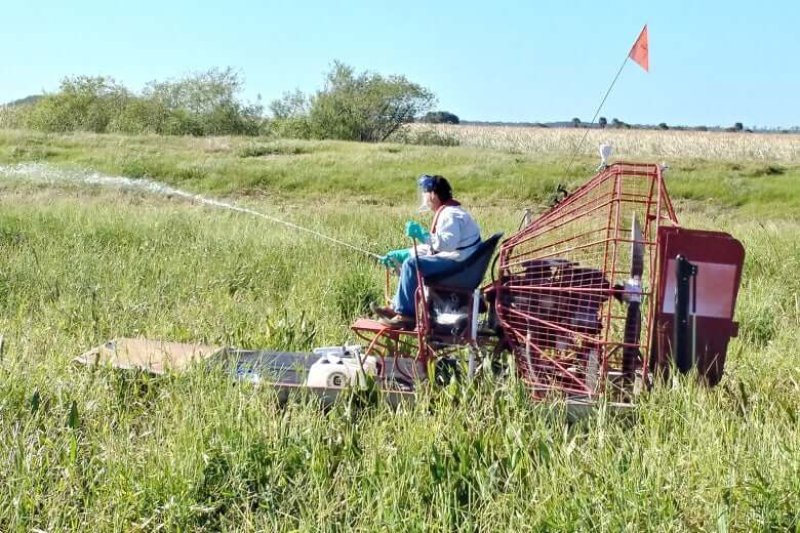…. [A]way from lawsuits and petitions, there are concerns among some opponents of Australia’s invasive weeds that glyphosate – a key tool in their armoury – could be taken away from them.
[The week of Nov. 23] the Invasive Species Council will begin posting and emailing copies of a new report that looks to defend the chemical from what the council fears is a trend towards restricting its use, and even banning it entirely.A small number of Australian councils – such as Georges River in south Sydney and Fairfield in the city’s west – have already banned glyphosate. So have several countries.
In July 2019, 500 staff at Blacktown city council walked off the job in protest at being ordered to use glyphosate. They returned when the council promised to trial alternatives.
Andrew Cox, the Invasive Species Council’s chief executive, fears that the steady flow of opposition could lead to a flood. “We’re worried that restrictions are being put in place across Australia without a scientific basis,” he says.
…
“Weeds are a major threat to biodiversity and without active management to control weeds and stop them spreading, it would threaten our ecosystems.
“Glyphosate is a good herbicide that has lots of benefits to weed control, particularly for environmental restoration projects and land care programs. To not have that tool available will severely hamper those efforts.”































